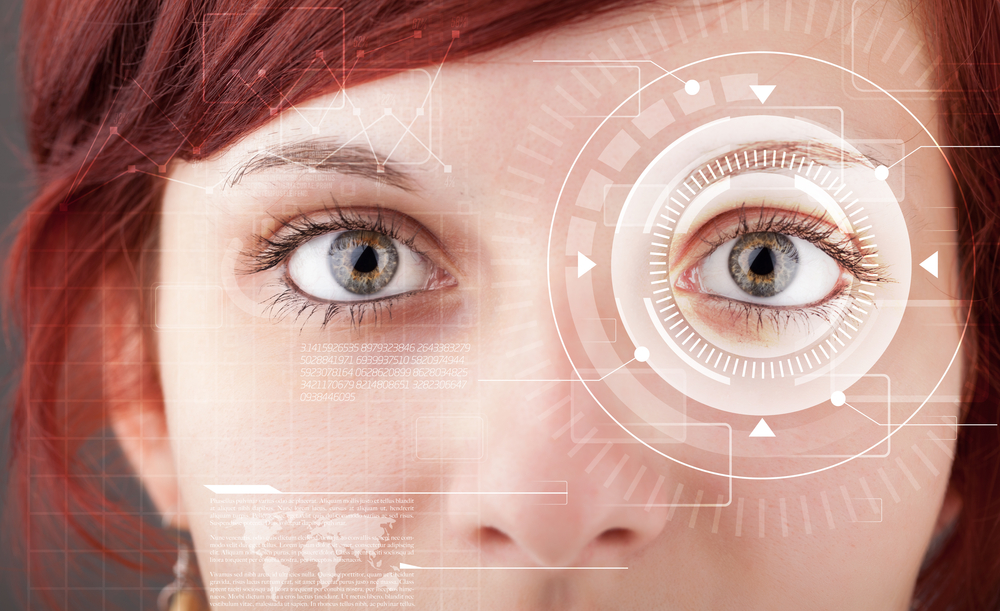One of the many issues that society still faces is corruption; this problem is especially troubling in under-developed nations. With the surge of Blockchain startups, identity will play an important role, can Blockchain Tech walk hand in hand with Biometrics?
In May of the last year, 60,000 people protested in the streets of Guatemala amidst cases of corruption; shortly before in Brazil, during a televised speech, Dilma Rousseff was booed, the reason: The corruption that has corroded the state-owned oil company Petrobras, scandals such as this one led to the president’s impeachment.
This trend has repeated itself in other countries like Chile, México, Panamá, Honduras, Venezuela and Argentina. Corruption is a plague in the region, and its various forms make it hard to revert them. However, Blockchain and Biometrics can be proved useful to combat a disease that infects society.
Biometrics is not a new thing, it’s been used for years to help the identification of individuals. What is new is the availability and low cost of the biometric equipment, we now have more cheap and easy to use devices that can measure and recognize with millimetric precision indicators like fingerprints, voice frequencies, face shapes, among others.
By deploying these systems in the federal and government agencies that manages the state’s public budget we can reduce the misallocation of resources. A study indicated that at least 40% of India’s subsidies and social expenditure never reached its intended destination.
The good news is that this problem can be minimized, and not by punishing or trying to eliminate man’s moral weaknesses (which will always exist) but reducing the space and the instances where these crimes can be committed.
An example that illustrates the potential of this idea is the new protocol that it’s being implemented in South Africa to pay pensions, the government took the fingerprint of every beneficiary, creating a database, and installed fingerprint readers in the ATMs, effectively eliminating third parties and intermediaries.
This system can also be used to purge the public records of governments payrolls. For example, a recent audit in Nigeria determined that 107,000 of the 337,000 registered cops were fake.
Blockchains can solve what I think is one of the major underminers of progress in developed and underdeveloped countries. I’m talking about budget allocation and expenditures.With the blockchain, we could have a precise, transparent and flawless record of money. Imagine the world, where you can see the resources moving in real-time and where needed, and money is spent and transformed into something tangible that benefits the population.
All of these benefits comes with a major security and privacy problem, the same system that can force governments to be more transparent can be used to do mass surveillance against the general population and can aggravate censorship. Privacy protections laws need to be developed and adapted to the new scenarios.
Image via Shutterstock
If you liked this article follow us on twitter @themerklenews and make sure to subscribe to our newsletter to receive the latest bitcoin and altcoin price analysis and the latest cryptocurrency news.

